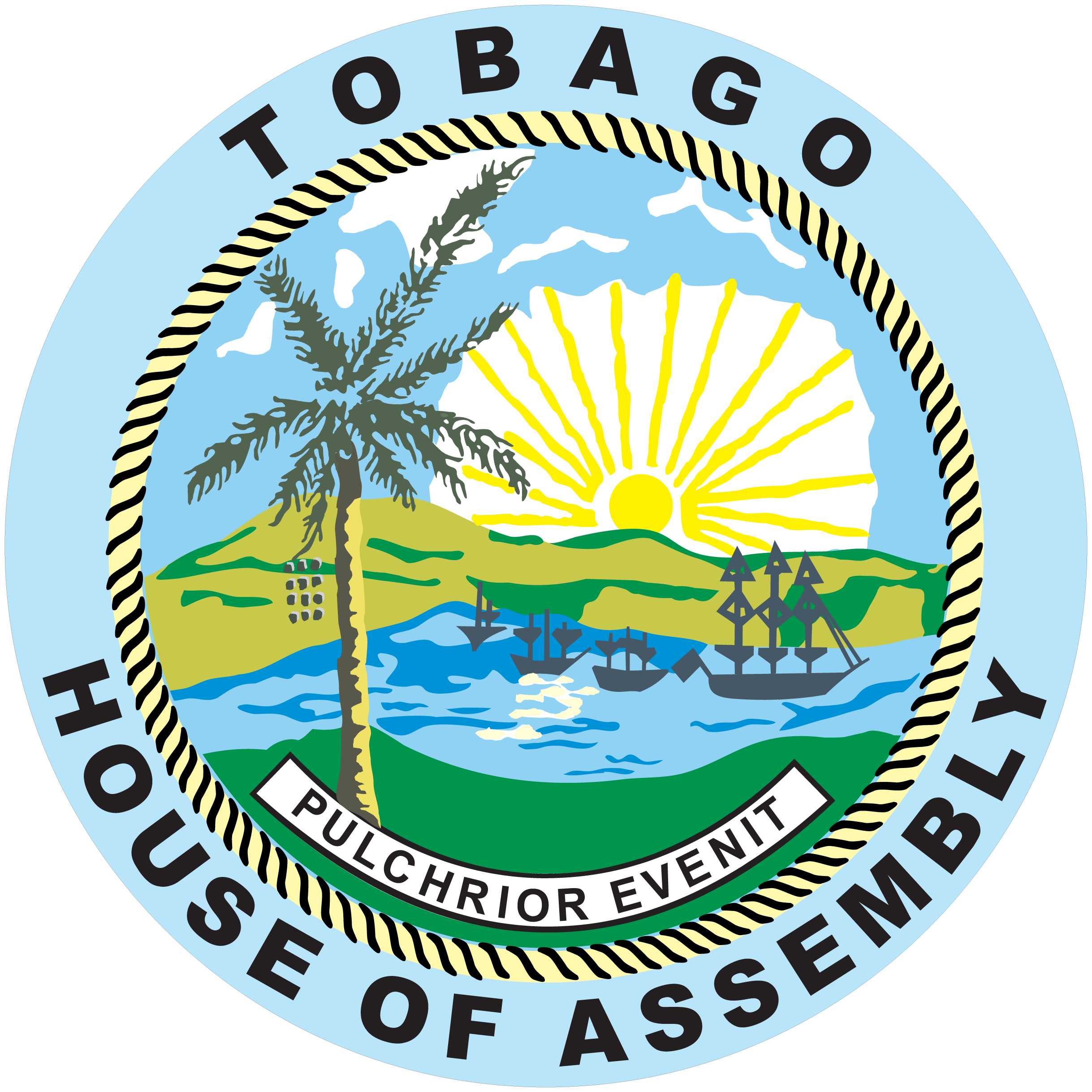The Tobago House of Assembly (THA) is not deterred by Moody’s Investors Services’ decision to downgrade Trinidad and Tobago’s credit rating from Baa1 to Baa2, Secretary of Finance and Enterprise Development Assemblyman Joel Jack said on Wednesday.
The Secretary said the Assembly is encouraged by the fact that the Moody’s report has not highlighted any weaknesses in Tobago’s macroeconomic performance as an island. He also pointed out that Tobago’s headline inflation rate is currently below the national rate, due largely to a decline in food price inflation.
He said: “Headline inflation in Tobago is now down to about 2.5 per cent, significantly lower than the national rate of about nine per cent. In addition, the latest data suggests that the rate of unemployment in Tobago is about three per cent, which is considered by economic experts to be full employment. Tobago has one of the lowest unemployment rates in the Caribbean.”
The Finance Secretary stated that these figures demonstrate that the Assembly’s responsible financial management of Tobago.
He said: “While the reduced rating is not what we hoped for, or predicted, as we would have shared with you in February, we are not deterred. We will continue to find solutions, overcome the hurdles as they present themselves and work to grow the island’s economy and develop Tobago.”
The Secretary, however, acknowledged that the changed outlook from stable to negative for both islands could have a negative effect on their respective economies. According to Jack, the Assembly is now looking at preventative measures to offset any further fallout from the revised investor rating.
“The downgrade of Trinidad and Tobago has fundamental consequences for the national economy,” Jack told reporters at the weekly post Executive Council media briefing (May 6, 2015).
“First, it could act to further dampen investor and consumer confidence in the national economy, which would worsen the already limited prospects for growth in the national economy,” he explained. “Second, the downgrade could mean that as a country, credit and access to funding may be provided to us on less favourable terms; both outcomes could constrain our national Public Sector Investment Programme.”
Jack described the issue as serious, saying the lower ranking will also impact the Assembly’s “positioning…in the global economic space”.
The Secretary said current issue highlight’s Tobago’s need for self-government.
“Because our operating institutional framework is strongly linked to that of the Central Government, the creditworthiness of the Assembly has been directly impacted,” Jack said.
“The downgrade of Trinidad and Tobago and as a consequence, the Tobago House of Assembly, brings into greater focus the need to change the existing legislative arrangements between the Tobago House of Assembly and the central government to reduce the constraints faced by the THA in the management of its fiscal affairs.”
Based on these developments, Jack expects rating from Standard and Poor’s financial services to dip as well.
Jack finds it “regrettable and disappointing” however, that the Central Government will not make changes in its stance on fiscal and monetary policy in light of the downgrade and will continue its current rate of spending.
He added that there is likely to be an accelerated decline of foreign exchange reserves, which will be exacerbated by capital flight if confidence in the government’s economic management is further eroded.
